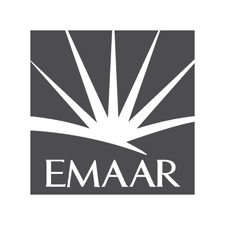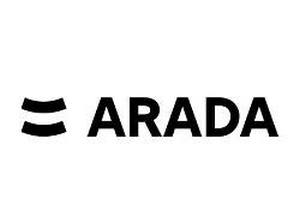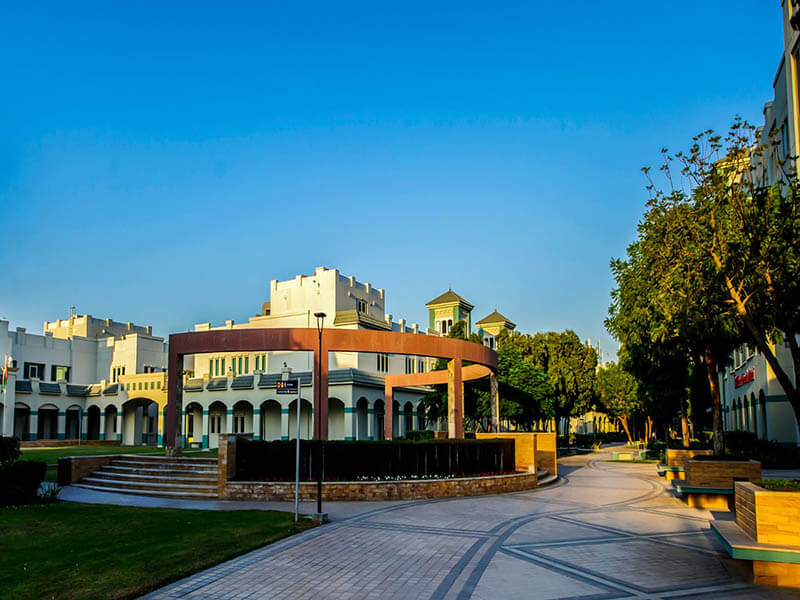
Before you buy real estate in Dubai or anywhere else in the UAE when moving with a family, parents should carefully study the local schools, curricula, documents required for enrollment, and much more. Choosing the right institution depends on criteria like the academic activity, learning culture and budget of potential property owners. This article will tell you more about the education system in the Emirates.
Contents:
- How the education system works in the UAE
- Preschool education in the UAE
- What schools are there in the UAE
- The school education system
- Foreign children in Arab schools
- Homeschooling in the UAE
- Conditions of admission to university and higher education
- We’ll help you find real estate in the UAE for residence and study
How the education system works in the UAE
The UAE Ministry of Education adopted a series of 3-year plans aimed to do the following:
- implement advanced training methods;
- improve innovative skills;
- cultivate students' self-learning abilities.
As part of these plans, an expanded curriculum in mathematics and natural sciences was introduced in all public schools for first-graders.
The UAE Ministry of Education strives to implement and monitor education quality standards. New programs and initiatives aim to solve these problems:
- not enough focus on the English language;
- lack of modern technology;
- outdated teaching methods.
To focus on the importance of «modern curricula with a variety of non-monotonic learning and assessment tools», the UAE launched ambitious campaigns to develop each of these areas. Each campaign has enough funding of about AED 7,500,000,000. The programs also aim to improve teachers’ qualifications. The «Teacher of the 21st Century» campaign with funding of AED 200,000,000 trained 10,000 public school teachers.
According to the UAE government, a poor command of English is one of the main obstacles to employing citizens. To address this, the Abu Dhabi Board of Education has developed a new school model based on the New South Wales program. The program also focuses on developing critical thinking.
A significant part of the budget was allocated to provide modern classrooms with computer labs and other necessary equipment. Also, to modernize education and introduce Western teaching methods, the Ministry of Education launched a Mentoring Program. It appointed 50 Western principals in 735 public schools.
Teachers emphasize the need to abandon traditional methods of passive memorization and cramming. Instead, students are encouraged to actively participate in discussions.
The Abu Dhabi Educational Council signed an agreement with the International Baccalaureate Organization and other organizations to expand opportunities and meet student needs.
.jpg)
Preschool education in the UAE
Education in the UAE is mandatory from the age of 6. But many parents of young Emiratis and emigrants prefer to enroll their children in preschools between 3 to 5 years. Primary education is the personal choice of a child’s parent or official guardian.
Public and private kindergartens offer a co-education system. Some educational institutions work according to the K-12 scheme, covering the entire process of teaching a child from kindergarten to 12th grade.
What schools are there in the UAE?
Schools in the Emirates are divided into 3 types:
- Public schools. Emiratis can study in public schools for free and emigrants can study for a fee. They teach in Arabic. To enroll a child, parents need to contact the Board of Education in their region. They will then be asked to submit an application with supporting documents such as a passport, residence permit, lease agreement and transcripts.
- International schools. There are many private international schools in the UAE, especially in Dubai and Abu Dhabi. They follow various international school systems including the USA, Great Britain, France, Germany, Ireland and Canada teaching models. The requirements to enroll a child may vary depending on the educational institution. The more popular the school, the harder it is to get into it.
- Schools for children with special needs. These schools are in all regions of the UAE as the country's government is committed to inclusive education. In some educational institutions, the education of children with special needs is carried out with regular classes.
The school system
The education system in Arab schools is divided into the following levels:
- Kindergarten. KG 1 and KG 2 - for children aged 4-5 years.
- Elementary school. 1-6 grades - for children aged 6-11 years.
- Preparatory stage. 7-8 grades - for children aged 12-14 years.
- Secondary school. 9-12 grades - for children aged 15-17.
Primary school students study mathematics, natural sciences, social sciences, English and/or Arabic.
The school week in the UAE is from Sunday to Thursday, which can be a problem for expats. Public schools operate on a trimester system, while private schools, as a rule, use a 2-semester model. Both systems include:
- winter holidays in December;
- spring holidays at the end of March;
- summer holidays in June, July and August.
Private schools can follow a number of systems. Some use other countries’ curricula, while others offer an International Baccalaureate program. So, in some institutions, the emphasis is on rote memorization and weekly testing to assess and track progress, and others focus on a more creative approach, random testing and softer learning styles.
In a public school, students who have successfully passed the final exams in secondary school receive a certificate from the Ministry of Education. The exam requirements in private educational institutions vary. Available subjects and test schedules are important criteria that parents should discuss with the school administration when they choose a school.
Secondary education in the UAE is compulsory for everyone. In public schools, this begins in grade 9 and in various models are used in private schools.
Many of the same subjects are taught in middle school as in elementary but certain courses may be added or left out like music lessons. Public school students can enroll in a technical high school where the focus is on computer technology, tourism, medical sciences and finance. Or they can continue their studies along an academic path.
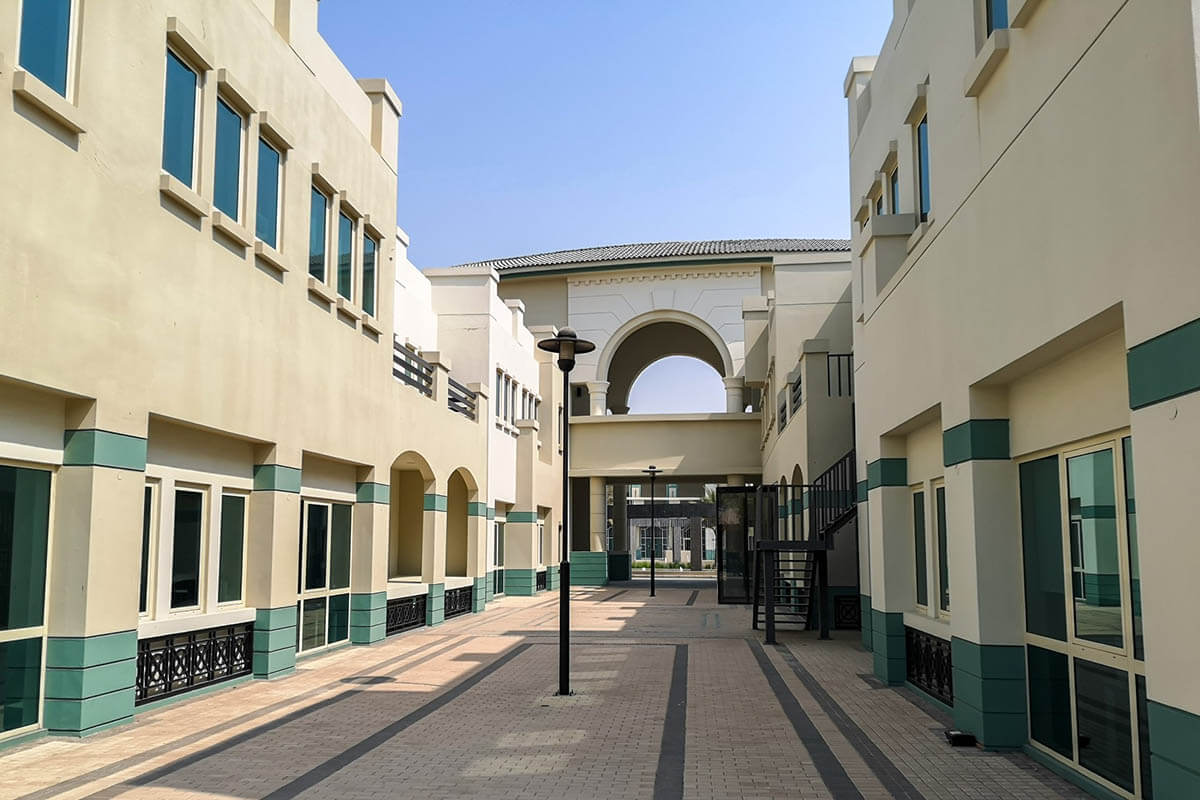
Foreign children in Arab schools
Foreigners who attend public schools can face some difficulties because Arabic is the primary teaching language. Since most students are Emiratis, expatriate parents often have to be very involved to help their children settle in. Because of this, many foreigners often attend private international schools.
Homeschooling in the UAE
The UAE Government recognizes the right of parents to homeschool their children. To do this, guardians must register with the education department in their emirate. Families are given books and study materials, and students must take the appropriate exams at the end of each semester.
The government has no special legal requirements for immigrant parents. Some decide to transfer their children to homeschooling because of money problems or bullying. Many people prefer its more individual approach and being able to combine academic activities with family leisure.
Admission requirements for university and higher education
3 Emirati universities are in the ranking of the 500 best universities in the world. Among UAE school graduates, 95% of girls and 80% of boys apply for university admission. Emirati citizens can attend a state university for free.
There are many private universities including branches of prestigious institutions in the country. These include New York University Abu Dhabi, American University in Dubai and the Canadian University of Dubai. Most institutions offer undergraduate studies only and some do have postgraduate studies.
Public and private schools students are tested throughout the school years before moving on to the next grade. In the last grade, they must pass state exams to get a certificate and enter a university.
Since 2017, students of schools that adhere to the national curriculum must pass the standardized EmSAT test, which is required for admission to most public universities and colleges.
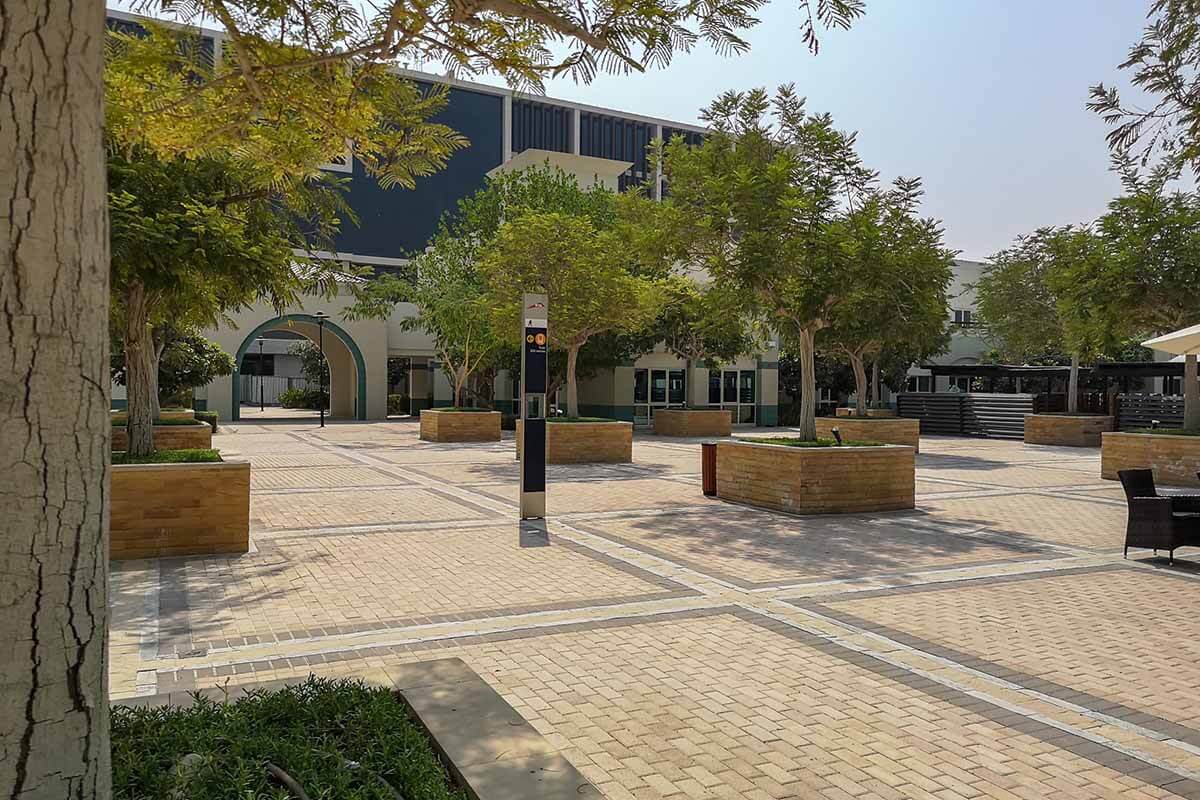
We’ll help you find real estate in the UAE for residence and study
Finding a high-quality residential project in Dubai or another area of the UAE or even choosing an area with well-equipped infrastructure and easy access to educational institutions means many expats have to spend a lot of time and money. The EMIRATES.ESTATE team is ready to carry out this process for our clients and ensure a worry-free process for you. Aggregator clients can get:
- help choosing a house or apartment in the UAE;
- legal and financial advice during every stage of the purchase;
- citizenship, residence permit, etc. registration.





































